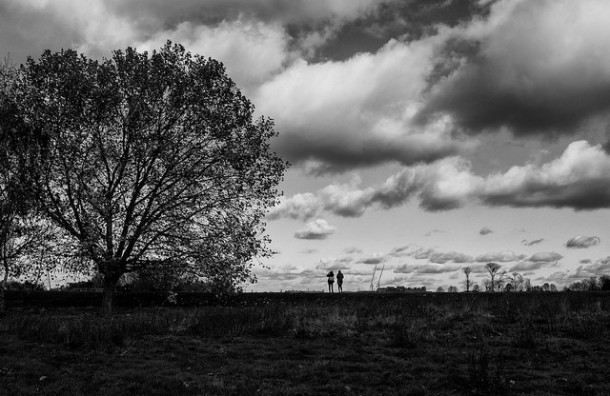It doesn’t interest me
what you do for a living.
I want to know
what you ache for
and if you dare to dream
of meeting your heart’s longing.
It doesn’t interest me
how old you are.
I want to know
if you will risk
looking like a fool
for love
for your dream
for the adventure of being alive.
It doesn’t interest me
what planets are squaring your moon…
I want to know if you have touched the centre of your own sorrow
if you have been opened by life’s betrayals
or have become shrivelled and closed
from fear of further pain.
I want to know
if you can sit with pain
mine or your own
without moving to hide it
or fade it
or fix it.
I want to know if you can be with joy
mine or your own
if you can dance with wildness and let the ecstasy
fill you to the tips of your fingers and toes without cautioning us
to be careful
to be realistic
to remember the limitations of being human.
It doesn’t interest me
if the story you are telling me is true.
I want to know if you can disappoint another
to be true to yourself.
If you can bear the accusation of betrayal and not betray your own soul.
If you can be faithless and therefore trustworthy.
I want to know if you can see Beauty even when it is not pretty every day.
And if you can source your own life from its presence.
I want to know if you can live with failure
yours and mine and still stand at the edge of the lake and shout to the silver of the full moon, “Yes.”
It doesn’t interest me to know where you live
or how much money you have.
I want to know if you can get up after the night of grief and despair weary and bruised to the bone and do what needs to be done to feed the children.
It doesn’t interest me who you know
or how you came to be here.
I want to know if you will stand in the centre of the fire with me and not shrink back.
It doesn’t interest me where or what or with whom you have studied.
I want to know what sustains you from the inside when all else falls away.
I want to know if you can be alone with yourself and if you truly like the company you keep in the empty moments.
from the book The Invitation










